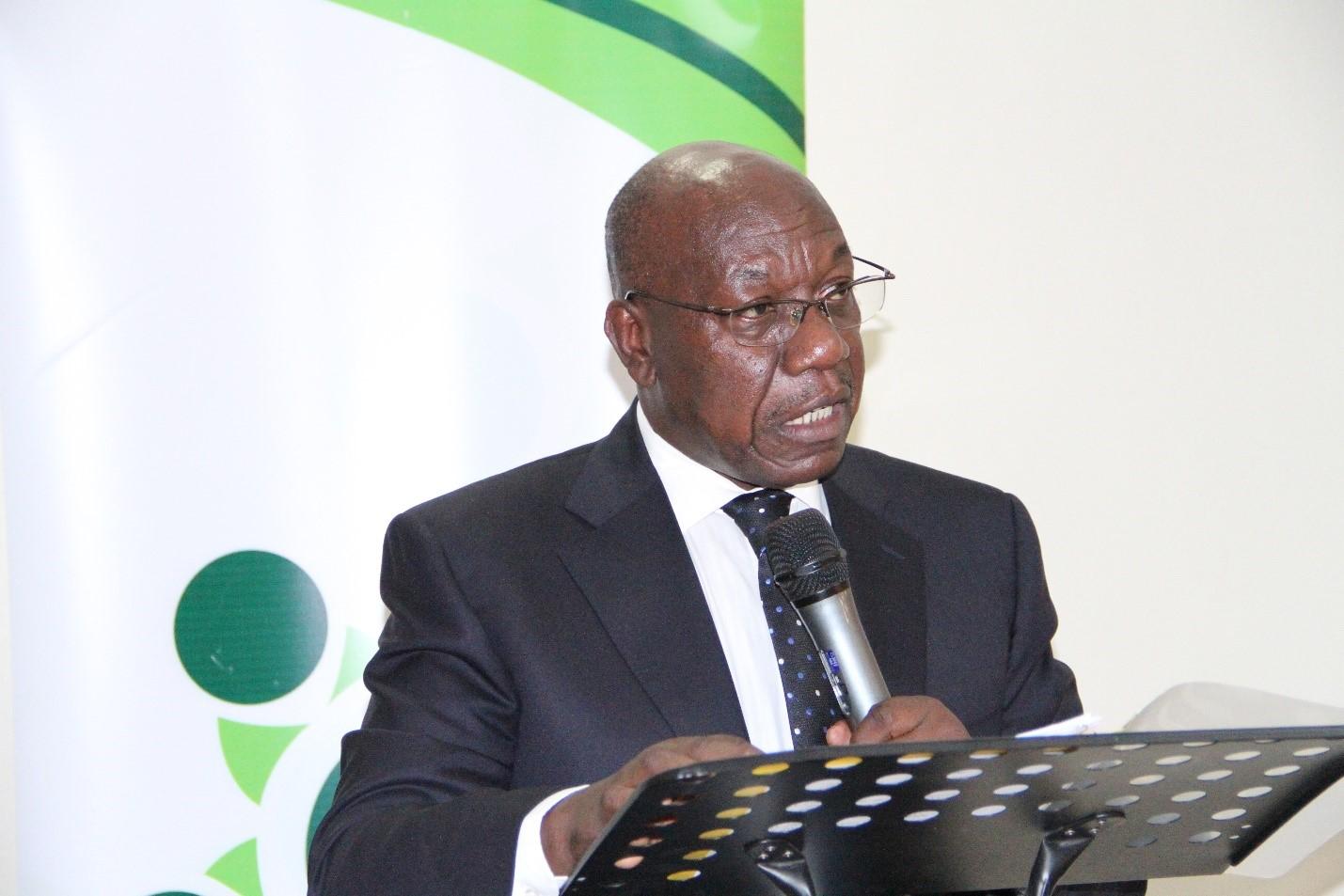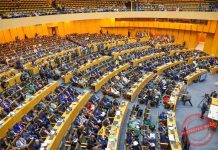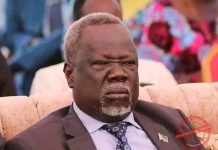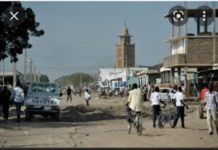Africa-Press – South-Sudan. The peace monitoring body, R-JMEC, has urged parties to the peace agreement to urgently submit a list of their nominees for appointment to different mechanisms tasked with the writing of a permanent constitution.
A ‘permanent constitution’ is a key provision of the Revitalised Agreement on the Resolution of Conflict in South Sudan (R-ARCSS), signed in 2018 to end five years of civil war that began in 2013.
The constitution-making process was supposed to be completed within a period of 24 months following the commencement of the transitional period, but the process has dragged. It is only the constitution-making bill that was legislated by parliament last year.
In its report for the last quarter of 2022, issued yesterday, the Reconstituted Joint Monitoring and Evaluation Commission (RJMEC)—a body tasked with monitoring the implementation of the pact—called for the submission of nominees by the parties to allow the ministry of justice to initiate the next process.
“…Urge the parties, and relevant stakeholders to immediately submit lists of their nominees to the various constitution-making mechanisms to the minister of justice and constitutional affairs through its task force for consideration and appointment by the RTGoNU,” R-JMEC wrote in a recommendation seen by The City Review.
President Salva Kiir assented to the Constitution Making Process Act, 2022, early this month, setting the stage for the next phase of the law-making process.
According to the peace deal, parties should submit a list of members to be appointed to institutions of the constitution-making process, which include, among others, the National Constitutional Review Commission, Constitutional Drafting Committee, and Preparatory Sub-Committee.
The ‘permanent constitution’ will replace the current transitional constitution, which came into effect in 2011, and pave the way for the upcoming elections at the end of 2024, according to the roadmap that extended the lifespan of the unity government.
R-JMEC called for the donor to support the permanent constitution-making process.
“We appeal to all donor partners to fully support the permanent constitution-making process, including resourcing the critical mechanisms, supporting civic education, building the capacity of the NCRC secretariat, and facilitating the participation of different disadvantaged groups in the constitution-making process,” the peace monitors stressed.
South Sudan pushed the transitional period by 24 months to allow the implementation of the pending chapters of the agreement.
The extension came about after the peace partners unanimously agreed, linking the decision to the shorter period within which they were to accomplish all the tasks.
By November 2022, the country should have deployed its first batch of unified forces, with the second batch nearing graduation. However, this is yet to happen.
The government has blamed the laxity on the lack of weapons due to the arms embargo.
Source: The City Review South Sudan
For More News And Analysis About South-Sudan Follow Africa-Press






